Dutch Central Bank to Align Equity and Corporate Bond Portfolios with Paris Agreement Goals
ESG Today
DECEMBER 6, 2023
De Nederlandsche Bank (DNB), the central bank of the Netherlands, announced today a new commitment to align its reserves, including its investments in equities and corporate bonds with the Paris Agreement. degrees Celsius compared to pre-industrial levels. Image: © De Nederlandsche Bank N.V.

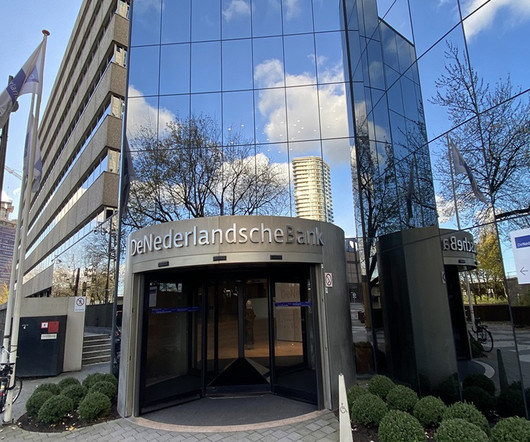
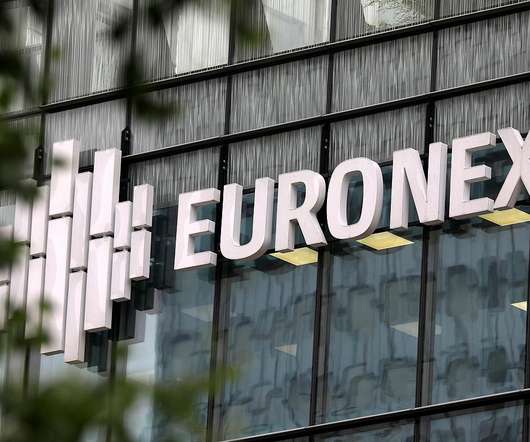





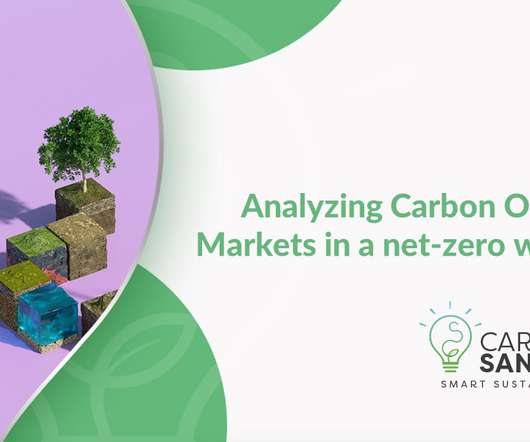

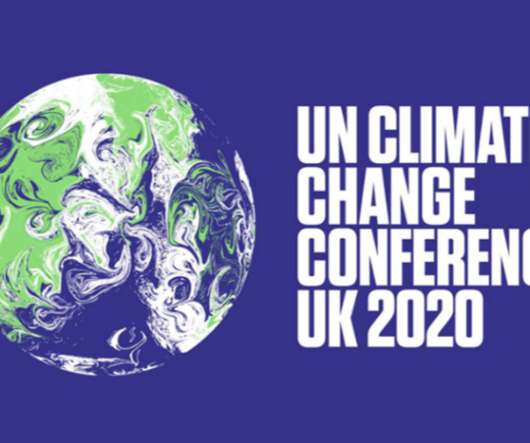
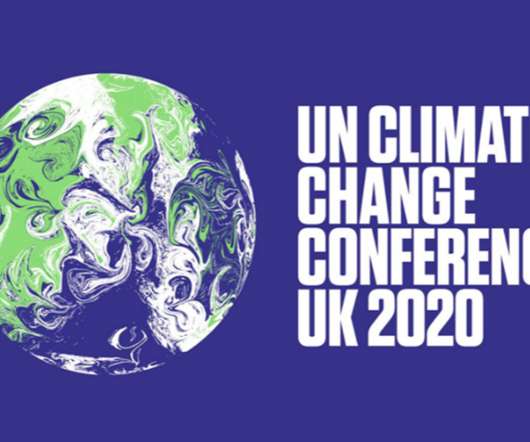







Let's personalize your content